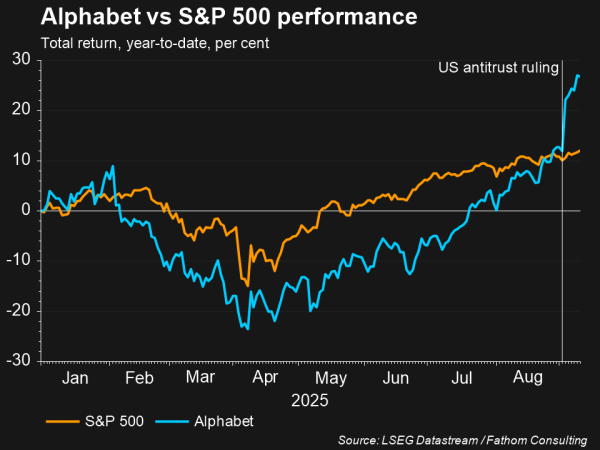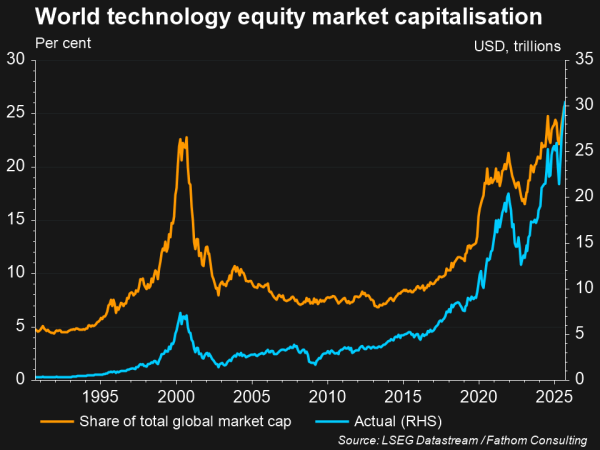Why did the court stop short of breaking up Google?
In a landmark decision in the US antitrust case against Google, US District Judge Amit Mehta ruled that the company had illegally maintained its monopoly in online search. Yet, despite the finding, the court refrained from ordering a breakup of the tech giant. Instead, it imposed a set of lighter remedies: banning exclusive distribution deals, mandating limited data sharing, and requiring Google to amend its contracts to allow competitors access to platforms like Apple’s Safari browser1.
The rationale behind this approach lies in the rapid evolution of generative AI. Judge Mehta acknowledged that tools like ChatGPT, Perplexity, and Anthropic are already disrupting traditional search models. Therefore, rather than risk stifling innovation, the court opted to let market forces play out in this fast-moving space2.

How does this reshape the competitive landscape for browsers and AI?
While the phrase “browser wars” may conjure images of the 1990s rivalry between Internet Explorer and Netscape, today’s contest is less about browsers themselves and more about control over digital distribution channels. Chrome, with its reach across more than 3.5 billion users, remains a critical gateway to search and AI services. Recognising its strategic value, AI-native browser startup Perplexity made a $US34.5 billion bid to acquire Chrome, which underscores how crucial central browser infrastructure has become in the race to dominate AI-powered search. The court, however, rejected the proposal, reinforcing that regulatory remedies should not reshape markets prematurely, especially when competitive dynamics are already shifting due to AI3.
Importantly, the ruling also means Google retains the ability to pay for default placement on devices and browsers—most notably Apple’s Safari, for which it pays over $20 billion annually. These deals, while no longer exclusive, still give Google prime positioning and reinforce its dominance. The judge reasoned that banning such payments could harm partners like Apple and Mozilla, which rely heavily on Google’s revenue share.
How are other jurisdictions approaching big tech regulation?
Just days after the US ruling, the European Commission fined Google $US 3.5 billion for using its advertising technology tools, which facilitate the buying and selling of digital ad space, to unfairly direct business toward its own platforms, limiting opportunities for competition4. EU regulators warned that if Google fails to propose adequate remedies within 60 days, they may pursue structural remedies. This includes potentially forcing the company to divest parts of its advertising business, highlighting a more interventionist regulatory stance in Europe compared to the US. Therefore, while Google may have avoided the most severe penalties in the US search case, it remains under significant pressure in Europe and is also facing a second antitrust trial in the US later this month — this time focused on its advertising business5.
Will data sharing level the playing field?
One of the key remedies imposed by Judge Mehta is a requirement for Google to share certain search data with competitors. While this is intended to help rivals improve their search algorithms, its effectiveness remains uncertain. Legal appeals could delay access, and the data may not be sufficient to meaningfully challenge Google’s entrenched position.
Judge Mehta acknowledged that while data sharing could help rivals improve their search tools, its real purpose may be more preventative than transformative. By requiring Google to disclose certain search interaction data, the court aimed to not only lower barriers for emerging competitors — but also to discourage Google from using similar exclusionary tactics in the AI space. In that sense, the remedy serves as a warning shot: not just to Google, but to any dominant player looking to lock up distribution in the next wave of tech6.

What precedent does this set for future tech regulation?
The Google decision highlights a growing tension in how regulators approach dominant tech firms in fast-moving markets. Rather than imposing structural remedies, the court opted for a lighter touch—reflecting a belief that emerging technologies like generative AI may naturally introduce competition.
However, the case also sets a clear precedent. Regulators are now more focused on preventing entrenched power in the next wave of innovation, particularly in AI. Measures like banning exclusive distribution deals and mandating data sharing are early attempts to keep the field open. If these fail to foster meaningful competition, future enforcement may become more aggressive, particularly if big tech firms are seen to unfairly entrench themselves in emerging markets like AI, by replicating their past exclusionary tactics.
References
- Financial Times, “Google doges a bullet,” 4 September 2025
- The Wall Street Journal, “AI wins the Google antitrust suit,” 3 September 2025
- The Wall Street Journal, “Google ruling shows antitrust tools struggle to keep up with tech markets,” 3 September 2025
- The Wall Street Journal, “Google fined $3.5 billion by EU over ad-tech business,” 5 September 2025
- Financial Times, “’We’re not done’: US vows to pursue Google break-up after setback,” 4 September 2025
- The Wall Street Journal, “Google’s big win is even bigger for Apple,” 3 September 2025
